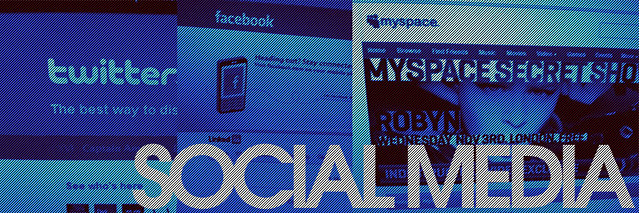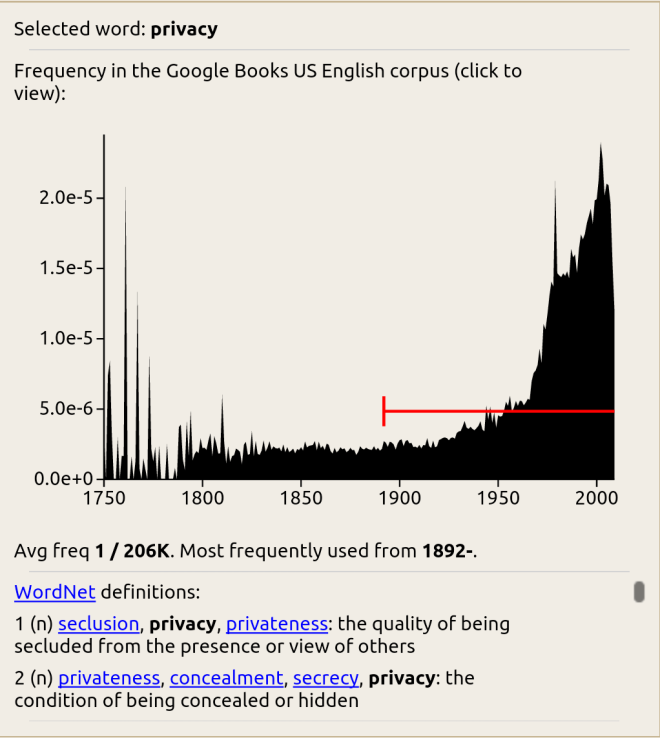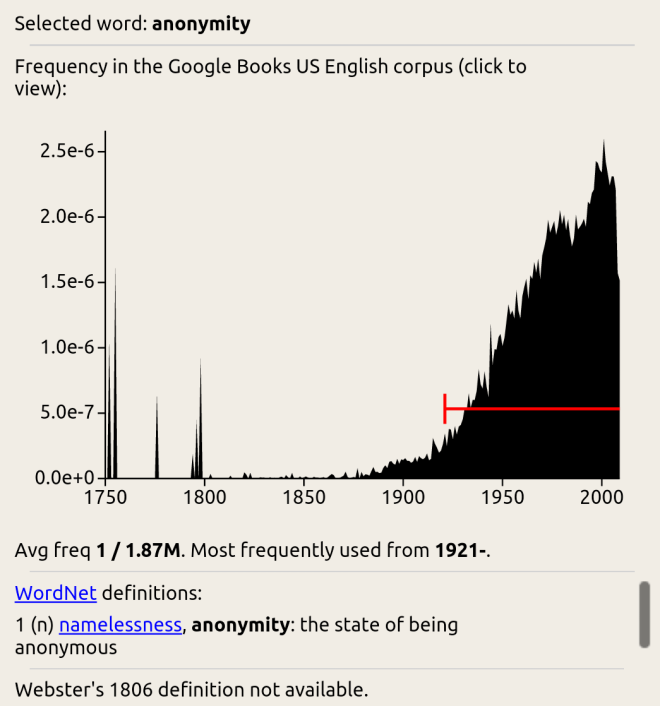“We live in a land where freedom exists.”
That statement has been thrown around, criticized, embraced, and everything else in between. Freedom is supposed to be a right— FOR ALL PEOPLE, yet there are many who feel like there is a divide or sort of favoritism when it comes to who actually gets that freedom. Then there are things like privacy that comes into question. Does everyone have the right to privacy? What is privacy? If freedom is to do what you so please, then what happens when someone else intrudes on your right to privacy? All of this restraint on human thought and physicality is questioned in George Orwell’s 1984. This novel shows London in a dystopian society, where a figure “Big Brother” leads the controlling Party. Citizens are constantly being watched through telescreens which is also overseen by the Party. They cannot say anything against the Party or Big Brother, or else suffer major consequences, even death. The people must follow all the rules placed upon their society, which is very precise.
One crime that the Party takes very seriously is thought-crime. The simple act of thinking puts the individual in a very tough situation. One cannot think of anything against the Party’s decisions and laws. For example, the Party has very strict laws about sexual activity, and seeks to rid everyone of the desire to have it. Producing a baby is a “duty to the Party” and not something married people— or people whom are simply in love, just do. So, sexual activity is prohibited unless approved by the Party (which is also so crazy), as well as the idea of it. The thought police regulate these inner most “private” ideas. They follow your every move, often times without you knowing, and read your physical movements. The slighted abnormality in your movements can say something about what you are thinking, which is exactly what the thought police want to weed out. Many people believe that we have some sort of thought police roaming around our society today. Our most private thing, our thoughts, are not so private.
There was of course no way of knowing whether you were being watched at any given moment. How often, or on what system, the Thought Police plugged in on any individual wire was guesswork. It was even conceivable that they watched everybody all the time. But at any rate they could plug in your wire whenever they wanted to. You had to live–did live, from habit that became instinct–in the assumption that every sound you made was overheard, and, except in darkness, every movement scrutinized.
There is no doubt that we entertain the idea of eyes constantly patrolling us. They track the places we go, listen into our phone calls, and even have the ability to go into our homes without us even knowing. But the biggest question that we all want an answer to is, “who is THEY?” The people of Oceania know that it’s Big Brother watching them, but do we know who’s watching us? It could be the government, major industries like Google or Apple, other countries, or even your next door neighbor. We can speculate, but there’s a possibility that we might not ever know.
Nowadays, we also have a kind of “newspeak” that Orwell mentions in his novel. We are developing new lingo, speaking in Emojis, and even substituting real words or actions to simple acronyms. This “destruction of words” is something that scares me most. Without a language, there is no communication, no thought, no way to express what you truly mean. With the whole movement of social media and texting, we are slowly losing the value of words. Yes, I do believe we are able to be creative through online activity and crowdsourcing, but it can be limiting as well. For example, we can tweet about one topic and then have everyone tune in via a hashtag, but once everyone is #tweeting that same message… when does it become clear that the creativity is somehow lost in translation?
Don’t you see that the whole aim of Newspeak is to narrow the range of thought? In the end we shall make thoughtcrime literally impossible, because there will be no words in which to express it.
Things like re-tweeting, re-blogging, or re-posting, take the individual idea and RE-generate the same concept. We feel like it’s always different, but in actuality, “newspeak” is trying to send us down a narrow road. We are not different. Everyone is just going to eventually say the same thing, the same exact way, and in doing so we lose any sense of creative or FREE thought.
Orwell’s novel definitely sends his reader into a state of paranoia. Freedom is put as this great right that we all have and in celebration we continually exercise it; through social media, activism, classroom conversations, etc. Yet, it is also binding. Freedom becomes the opposite of what we feel it should be because it is still just an idea. It’s that same telescreen flashing good news of freedom and how amazing it is to have. We are fascinated by it, believe in it, and constantly want to live in it… but is it even true?
Is freedom this illusion we give in to so we can feel safe? Is it a distraction to a whole different reality we are unaware of? By questioning it, yet still going about everyday life as we please, an act of ignorance?
We are a socially obsessed and highly opinionated generation. We exercise our “freedom” more than anything. But Orwell’s dystopia is no different than ours. We might not be dressed in blue overalls and have the telescreens glaring down at us. But we wear branded clothing with a Starbucks cup on one hand and our smartphones in the other. Orwell definitely gives us something to think about. Perhaps even a warning. He did write in his diary for a reason:
For the future.


